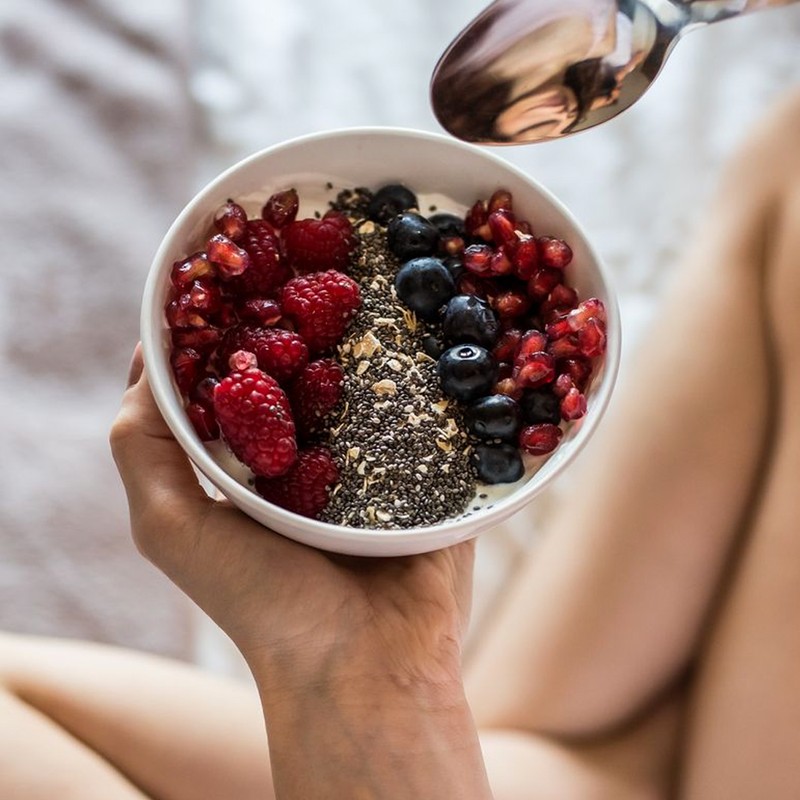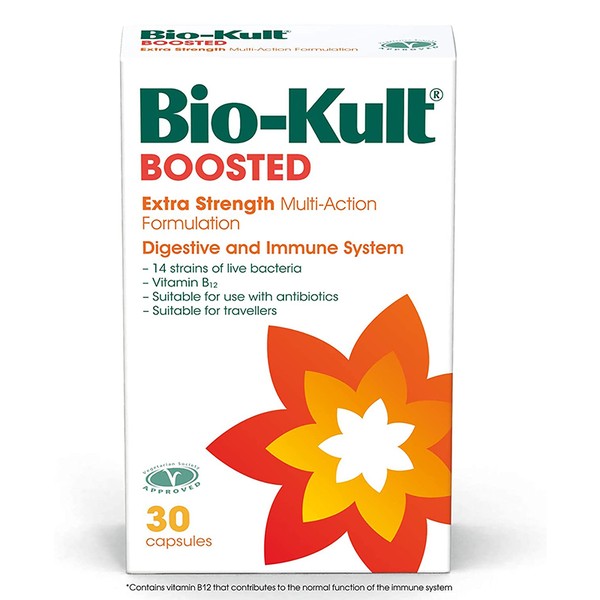8 Ideas For Better Digestion
Don’t Eat Standing Up
If you’ve ever eaten your dinner while scrolling through Instagram or slurped down a smoothie in one gulp while driving, try eating more mindfully for improved digestion. Rushing through meals or eating mindlessly can create gas, bloating and digestive issues, says nutritionist and gut health specialist Marilia Chamon. “Avoid eating standing up at all costs. In order to digest food properly, we need to be in a parasympathetic state, and that can only be achieved when we are calm. Eating on the go, especially if you are in a hurry, sends your body the message that every biochemical reaction can wait because you may be dealing with a stressful situation – that shuts down stomach acid production and decreases gastric motility, leading to indigestion and bloating.”
Slow Down
Did you know it takes the brain around 20 minutes to know you’ve had enough food? “Remember digestion starts in the mouth. Saliva signals the body to produce digestive juices to get the stomach ready for the next step of digestion,” says Marilia. “You should chew your food to an apple sauce-like consistency before swallowing. If you have hurried eating habits, putting your fork down can be helpful, allowing you to savour each mouthful. Aim to eat a full meal in no less than 20 minutes.” And when it comes to chewing, gut expert and registered dietitian Megan Rossi says you should aim to chew each mouthful at least 20 times. “This will kickstart the digestive process and allow proper absorption of vitamins, minerals and other nutrients,” she adds.
Drink Wisely
You may have heard it’s best to avoid drinking water during meals. “In fact, drinking lots of any type of liquid with meals may impact on optimum digestion,” says nutritionist Rosie Millen. It’s believed drinking during meals dilutes digestive enzymes and hydrochloric acid, slowing down the digestive process. But if your digestion isn’t something you struggle with, Rosie says sipping water slowly during a meal is fine. “Sipping is always best as it won’t flood the digestive tract. Your body actually does need some water to promote the proper function of digestive enzymes. Just steer clear of fizzy and carbonated drinks, which do interfere with digestion because of the extra gas they contain.”
Try Peppermint Capsules
“While there isn’t one magic food that will help speed up digestion, peppermint oil capsules can help relax and soothe the gut if you have a sensitive stomach,” says Megan. “Peppermint tea isn’t strong enough to have enough of an impact, but peppermint oil capsules can help.” Research shows mint is readily absorbed by both the stomach and intestinal tissues, where it has a soothing effect. Take just before eating a heavy meal for the best results.
Sip On Ginger Tea
Ginger may be an old-school remedy, but there’s science behind it. Research shows consuming ginger before a meal can stimulate digestion by speeding up gastric emptying (the process of your stomach emptying its food contents into the small intestine). Slow gastric emptying is a common underlying cause of acid reflux, tummy pain and bloating, and can also impact your body’s ability to break down and absorb nutrients. “Sipping on ginger tea 20 minutes before a meal is an easy and effective way to aid digestion,” says Marilia. “It’s a great way to relax your stomach, help expel gas and reduce bloating.” Rosie adds that taking a probiotic supplement, such as BioKult Boosted, with the first few mouthfuls of your meal can also help.
Wait Four Hours Between Meals
Don’t underestimate the importance of giving your gut a break, says Marilia. “Every time we eat (or drink something that contains calories), we affect a process that happens in the gut called MMC (migrating motor complex). The MMC is a cyclic, recurring motility pattern that occurs in the stomach and small intestine during fasting, propelling undigested food residue and bacteria to the next stage of digestion. Space meals out by three to four hours without snacking and you’ll find you digest better.” Rosie is also a fan of waiting two to three hours after having dinner before going to bed. “Your best digestive efforts happen at night, so it’s vital not to overload the digestive tract in the evening if you want a good night’s sleep.”
Don’t Rely On Rennie
“The likes of Gaviscon and Rennie can certainly help ease symptoms but you shouldn’t rely on them or take them on a regular basis,” says Marilia. “If you occasionally experience heartburn or indigestion, particularly after a bigger than usual meal, over-the-counter medication can be used for a quick fix, but if you find you have to take them regularly, it’s important to chat to your GP to rule out any medical condition and understand what’s driving your symptoms.” Instead, Marilia recommends starting by eating more mindfully, chewing your food well and walking after meals, all of which can contribute to improved digestion.” Nutritionist Eve Kalinik also recommends taking Kalla for Repair, a probiotic supplement that’s been proven to lower inflammation in the gut and relieve heartburn and indigestion that’s caused by eating too quickly when stressed.
Know When To Speak To An Expert
While an element of bloating after a big meal isn’t uncommon, it’s important to know what isn’t normal. “Bloating after eating rich food and passing wind up to 15 times a day is normal,” Eve tells us. However, if you are constantly experiencing digestive symptoms, such as alternating bowel movements (constipation, loose bowels, diarrhoea), abdominal pain and cramping, food intolerances, indigestion and chronic bloating, you should speak to an expert. “If any of these symptoms sound familiar, book in to see your GP or a gastro specialist, so they can rule out IBS, coeliac disease, SIBO and endometriosis, all of which share similar symptoms. Another way of checking your digestive system is by looking at your poo. If it falls into types three or four of the Bristol Stool Chart, this is a good indication things are working fine,” Marilia says.
Looking To Improve Your Digestion? Try One Of These SL-Approved Picks…
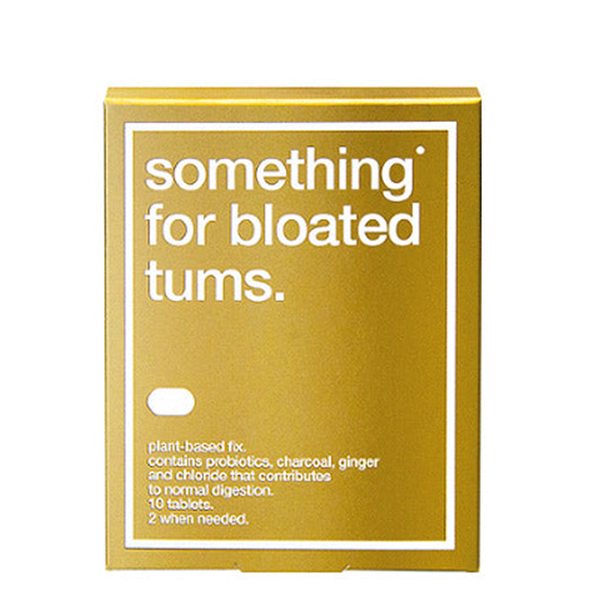
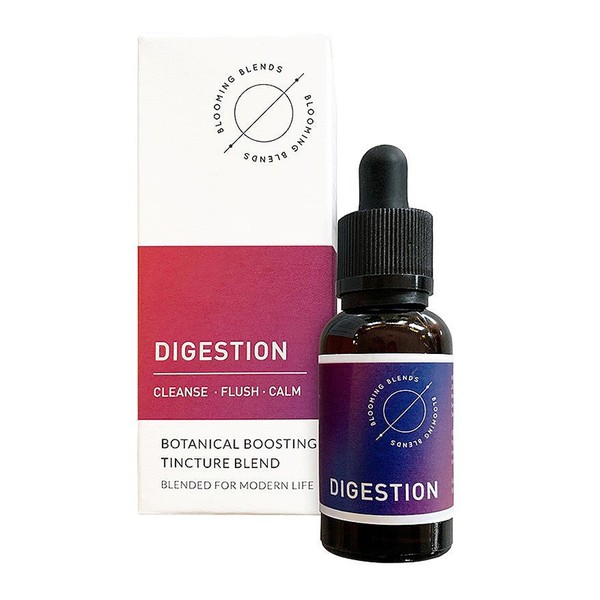
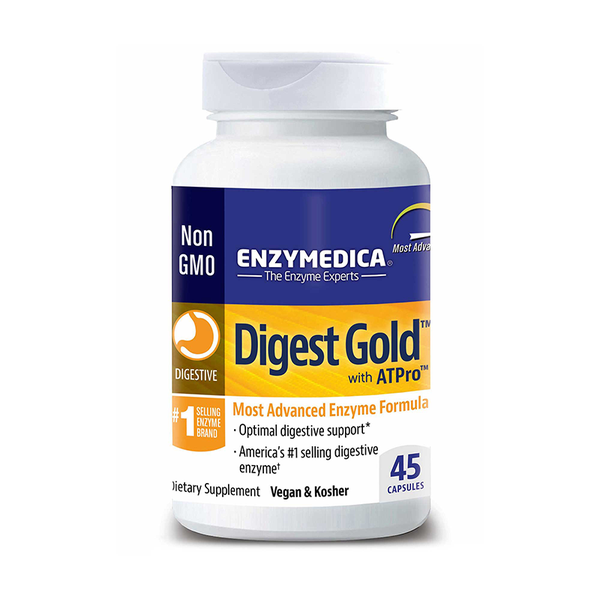
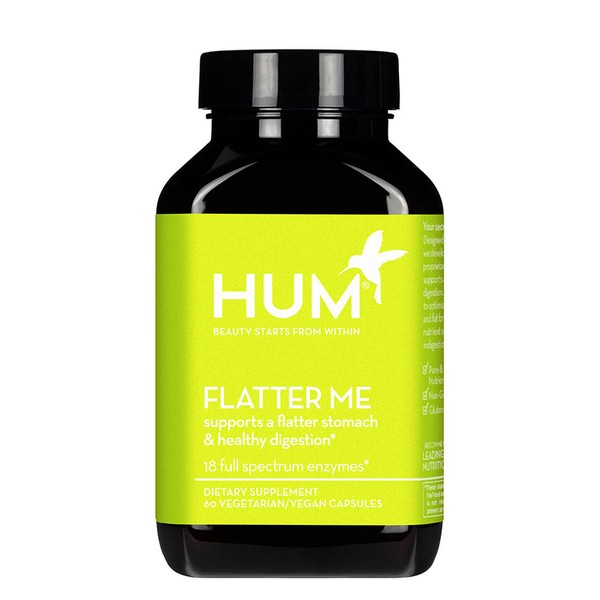
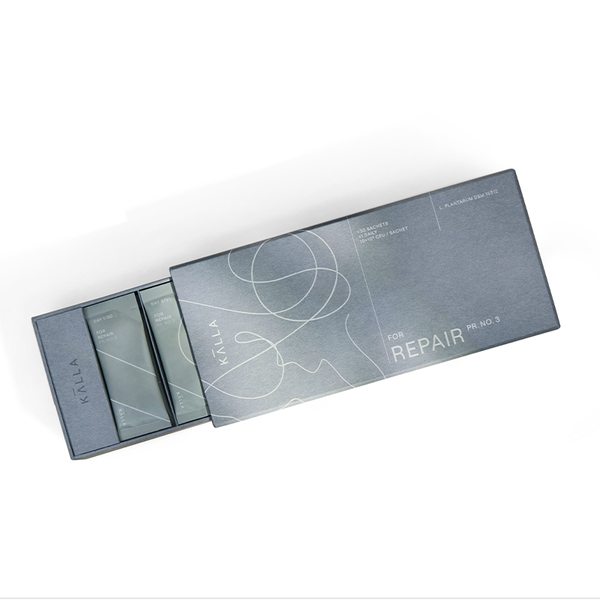
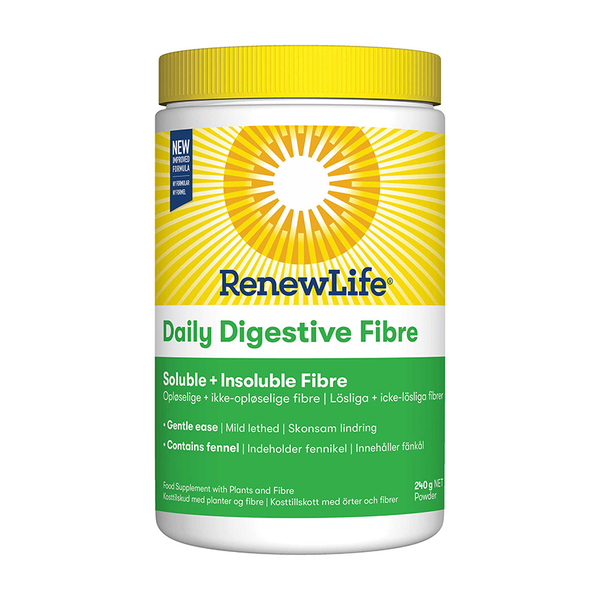
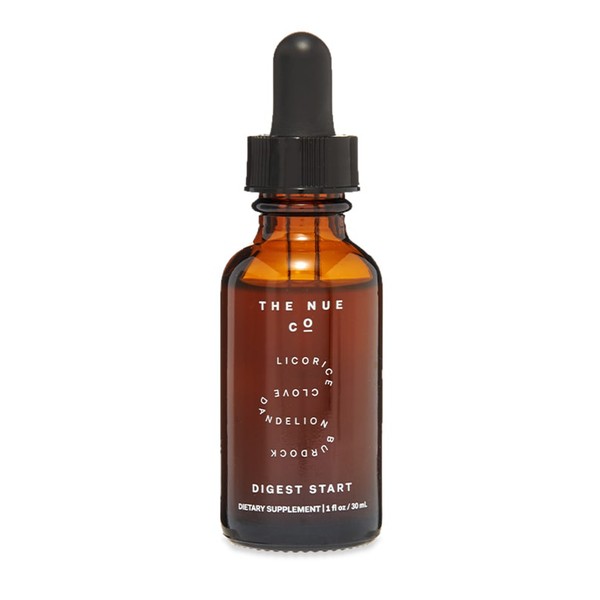
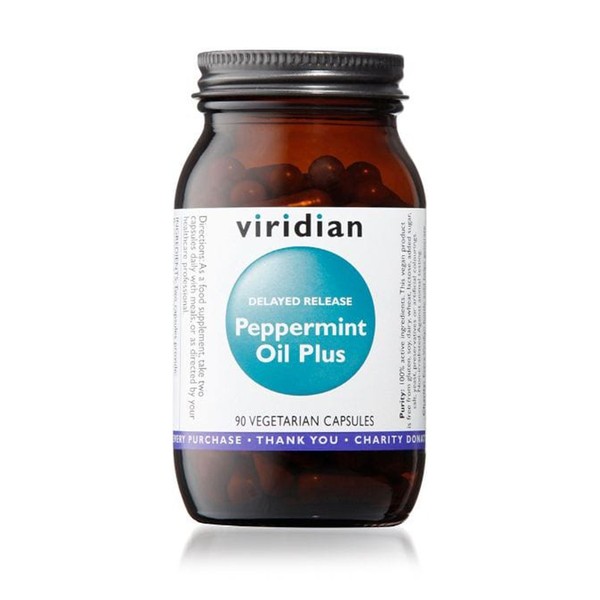


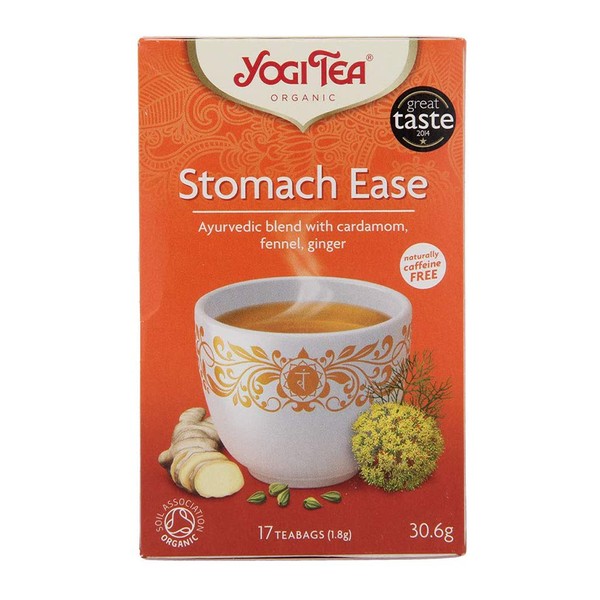
DISCLAIMER: Features published by SheerLuxe are not intended to treat, diagnose, cure or prevent any disease. Always seek the advice of your GP or another qualified healthcare provider for any questions you have regarding a medical condition, and before undertaking any diet, exercise or other health-related programme.
DISCLAIMER: We endeavour to always credit the correct original source of every image we use. If you think a credit may be incorrect, please contact us at info@sheerluxe.com.
